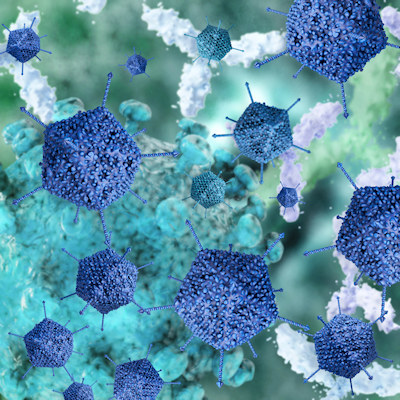April 14, 2021 -- StrideBio has signed a collaboration with Duke University that will support the development of next-generation gene therapies against a broad range of disorders. The initial program will target a treatment for alternating hemiplegia of childhood (AHC).
The agreements provide StrideBio with an exclusive license to multiple technologies, including novel engineered adeno-associated viral (AAV) vectors that complement StrideBio's existing Strive structure-inspired AAV capsid engineering platform, selected though cross-species evolution with enhanced tropism and potency.
StrideBio has also licensed exclusive rights covering a novel use of an immunoglobulin G (IgG)-degrading enzyme, IdeZ, to clear neutralizing antibodies in conjunction with AAV gene therapy administration. Lastly, the company licensed a novel gene therapy approach for the treatment of AHC.
Under a master sponsored research agreement, StrideBio will fund work to advance novel gene therapies against AHC and other undisclosed targets. AHC is a pediatric neurological disorder with mutations in a causative gene, ATP1A3. StrideBio will work closely with Duke researcher Dr. Mohamad Mikati using a mouse model of AHC developed in his lab to select and rapidly advance a novel gene therapy candidate to the clinic, leveraging the engineered AAV vectors developed by StrideBio along with its manufacturing and translational development capabilities, the company said.
Specific terms of the license and research agreement were not disclosed, but include equity, upfront and milestone payments, and sponsored research commitments from StrideBio to Duke University, along with royalties on future product sales.
Copyright © 2021 scienceboard.net







